DOJI sells gold for a profit of thousands of billions, but debt still increases nearly double equity
Doji Gold and Gemstone Group Joint Stock Company (DOJI) has announced periodic financial information for 2022 with after-tax profit in 2022 reaching VND 1,017 billion, up 334% over the same period in 2021. Return on equity (ROE) reached 17.39%, significantly higher than the figure of 5.02% at the beginning of the year.
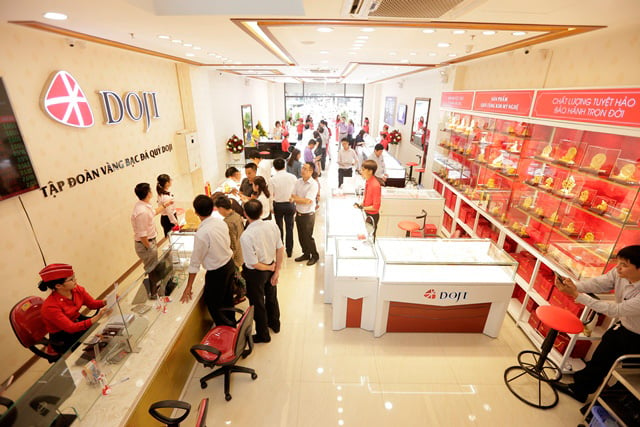
In 2022, DOJI sold gold for a profit of thousands of billions, but its debt has increased to more than 12,400 billion VND, an increase of 25% compared to the beginning of the year and nearly double its equity.
In recent years, DOJI's scale has continuously expanded with total assets at the end of 2022 reaching nearly VND 18,800 billion, an increase of 23% compared to the beginning of the year and more than double that of the end of 2020.
By the end of 2022, DOJI's equity reached VND6,361 billion, an increase of more than a thousand billion VND compared to the beginning of the year. Over the past years, DOJI's equity has continuously increased year by year thanks to activities of increasing charter capital and accumulating undistributed after-tax profits.
However, the growth rate of equity is still far behind the growth rate of liabilities. By the end of 2022, DOJI's total liabilities will reach more than VND 12,400 billion, up 25% compared to the beginning of the year and nearly double its equity. This figure was 1.86 times at the end of last year.
Notably, DOJI's debt structure does not consist of bonds. The outstanding bonds of this enterprise at the end of 2022 have decreased sharply from nearly VND 3,900 billion at the beginning of the year to VND 636 billion.
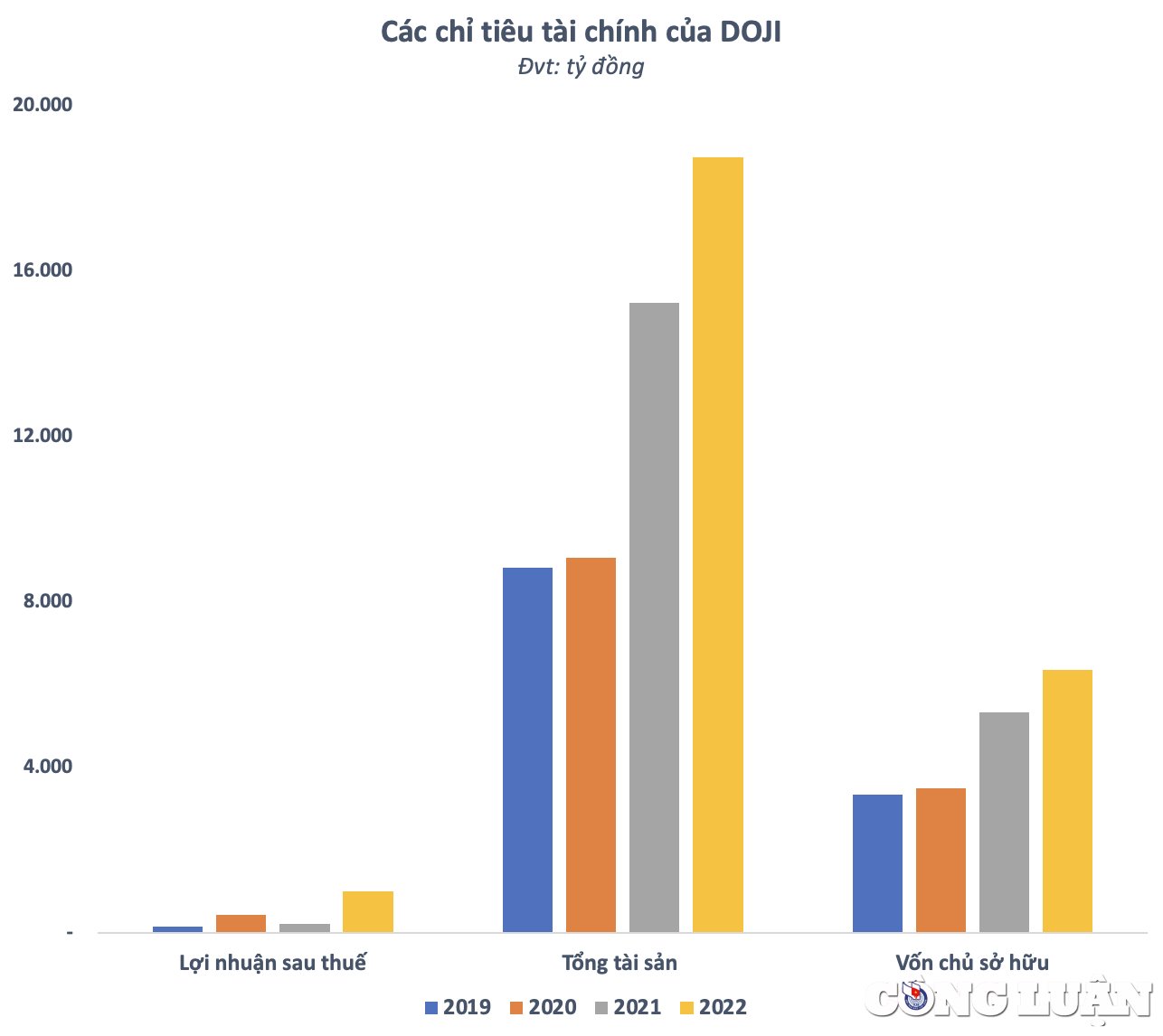
DOJI, formerly known as TTD Technology and Trade Development Company, was founded in 1994 by Mr. Do Minh Phu (born 1953). This enterprise is one of the pioneers in specialized activities in gemstone mining, cutting and exporting gemstones to the international market.
The name DOJI has been associated with the company since 2007 after Mr. Phu built the first commercial center specializing in gold, silver, and gemstones, DOJI Plaza in Hanoi. In 2007 and 2008, DOJI was renamed, restructured, and divided into 6 member companies, acquiring companies such as SJC Hanoi, SJC Da Nang, and Yen Bai Gold and Gemstone Joint Stock Company. This businessman said: "DOJI's long-term strategy is not to trade in gold bars, but to develop the jewelry business."
DOJI poured money into real estate trading, but only brought in small profits.
Since 2009, DOJI has begun to expand into the real estate sector and then the banking and finance sector. The establishment of DOJI Land Real Estate Investment Company Limited in 2014 marked an important step forward for the group in the real estate sector.
Up to now, DOJI Land has been developing a series of large projects from North to South such as Nam Vinh Yen Urban Area, Mixed Service Area in Ben Doan High-end Service Area, The Sapphire Residence, Best Western Premier Sapphire Ha Long, The Sapphire Mansions, Ruby Tower building in Ho Chi Minh City; Ruby Plaza building; Trade and Service Center No. 5 Le Duan - DOJI Tower in Hanoi ...
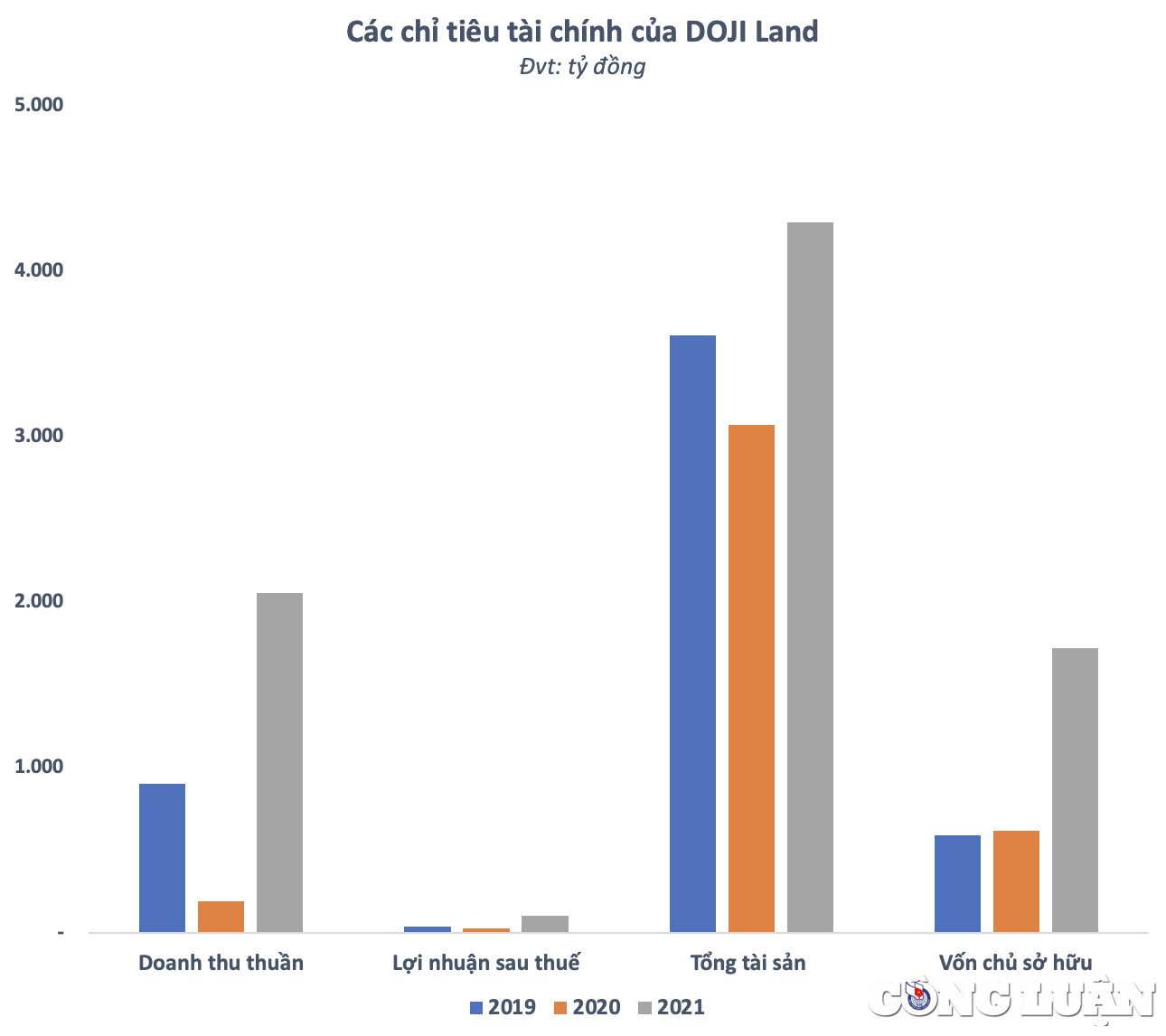
DOJI Land is not too large in scale compared to other businesses in the same industry. Total assets at the end of 2021 of this business reached more than 4,300 billion VND, an increase of nearly 40% compared to the beginning of the year.
The source of funding for most of the company's assets comes from liabilities, however the debt ratio (liabilities/total assets) has decreased significantly from 80% at the beginning of the year to 60%. Meanwhile, DOJI Land's equity has increased sharply to more than VND 1,700 billion by the end of 2021, nearly 3 times higher than at the beginning of the year.
Along with the expansion process, DOJI Land's revenue in 2021 also increased dramatically to more than 2,000 billion VND. However, this business's profit is quite thin, only more than 100 billion VND, equivalent to a net profit margin of about 5%. This profit level is much lower than the gold, silver, and gemstone business and is not commensurate with the trillion VND capital that DOJI has poured into the real estate sector.
It is worth mentioning that 2021 is also the period when many real estate businesses "hit the jackpot" thanks to the widespread land fever. However, the real estate market has begun to stagnate since mid-2022 and has yet to show any clear signs of warming up. Many real estate developers are struggling after the incident in the bond market. Many projects are behind schedule, or even unable to be implemented due to lack of capital or legal issues. In that context, DOJI Land may also find it difficult to avoid difficulties.
Source















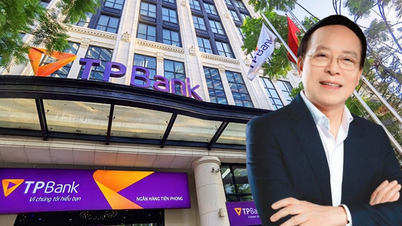

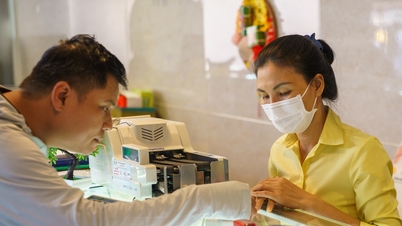
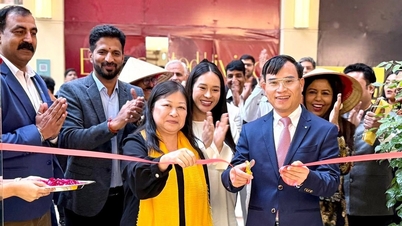

![[Infographic] Vietnam's stock market exceeds 11 million trading accounts](https://vphoto.vietnam.vn/thumb/402x226/vietnam/resource/IMAGE/2025/11/09/1762677474332_chungkhoanhomnay0-17599399693831269195438.jpeg)

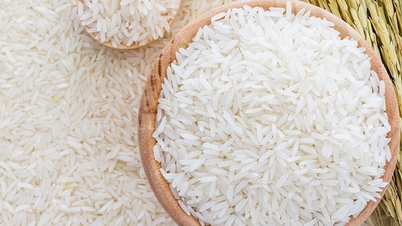







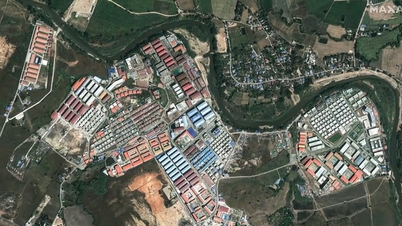




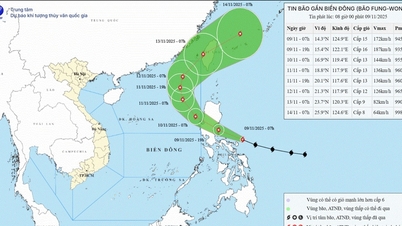





































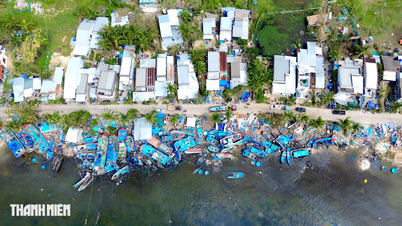
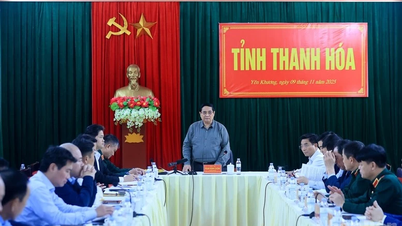






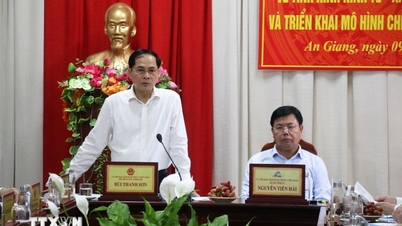



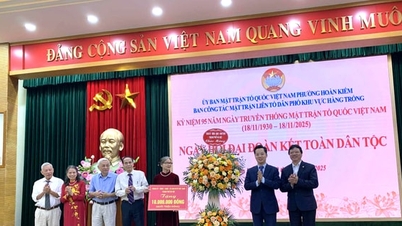



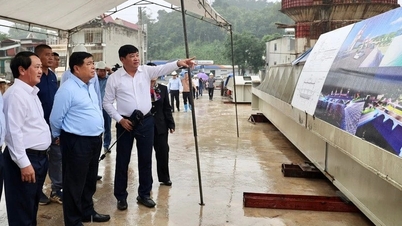


















Comment (0)